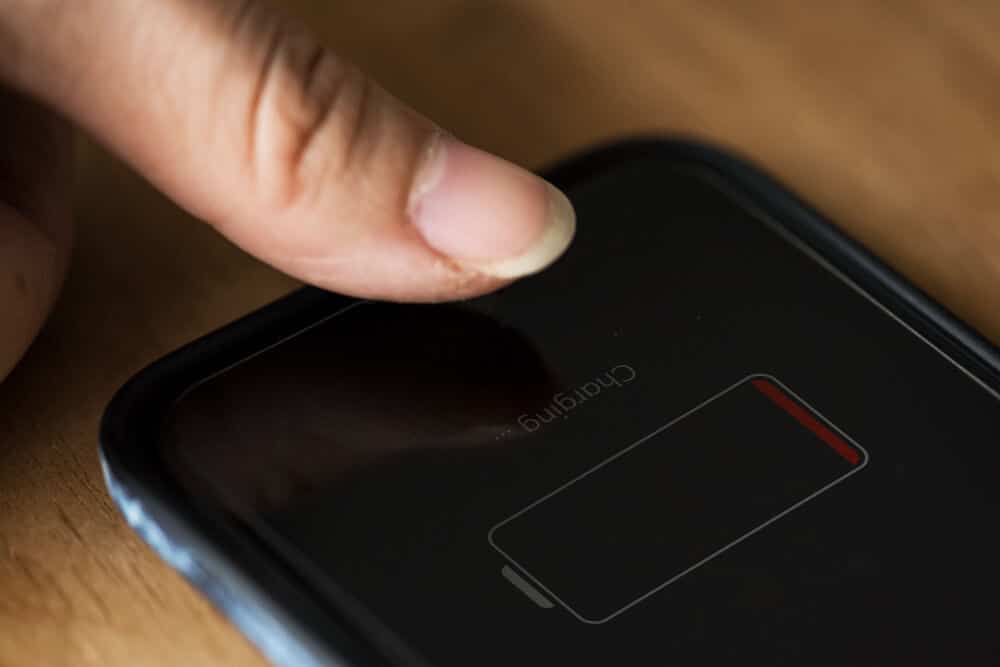In the ever-evolving world of technology, the iPhone has solidified its place as a groundbreaking device that has revolutionized the way we communicate, work, and live. However, even with all its impressive features and capabilities, there’s one aspect of the iPhone that consistently draws attention – the battery. iPhone users often find themselves pondering the difference between battery life and battery lifespan. In this article, we will explore these two essential concepts and how they impact your iPhone experience.
Battery Life: The Day-to-Day
When discussing iPhone battery life, we are talking about how long your device can operate on a single charge before it needs to be plugged in again. The iPhone battery life can vary significantly from one model to another, depending on factors such as screen size, processing power, and software optimization.
Apple has made substantial improvements over the years, enhancing the battery life of each new iPhone model. Thanks to advanced battery technology and software optimizations, modern iPhones can often last an entire day or more on a single charge, even with heavy use. Features like Low Power Mode and background app management help maximize your iPhone’s battery life by reducing power consumption when it’s needed most.
To prolong your iPhone’s daily battery life, consider these tips:
- Adjust screen brightness: Lowering the screen brightness can significantly extend your iPhone’s daily battery life.
- Disable unnecessary notifications: Reducing the number of notifications your device receives can help save battery power.
- Close unused apps: Apps running in the background consume battery life, so regularly closing unused applications can make a difference.
- Use Wi-Fi when available: Wi-Fi uses less power than cellular data, so connecting to Wi-Fi networks whenever possible can conserve battery life.
Battery Lifespan: The Long-Term Perspective
While battery life concerns your iPhone’s day-to-day operation, battery lifespan pertains to how long your battery can function before it needs to be replaced. Like all rechargeable batteries, the iPhone’s battery has a finite lifespan, and its capacity degrades over time due to factors such as charge and discharge cycles, heat, and usage patterns.
Apple designs its devices with the expectation that the battery should retain around 80% of its original capacity at 500 complete charge cycles. A charge cycle refers to using 100% of your battery’s capacity, whether in one go or spread across multiple partial charges. After 500 charge cycles, the battery’s capacity starts to degrade, and you may notice shorter battery life and more frequent recharging.
To extend your iPhone’s battery lifespan, consider these tips:
- Avoid extreme temperatures: High temperatures can accelerate battery degradation, so keep your iPhone out of direct sunlight and avoid leaving it in a hot car.
- Use optimal charging practices: Charge your iPhone when it drops to 20-30% and unplug it once it reaches 80-90% to minimize the number of full charge cycles.
- Update your software: Regularly updating your iPhone’s software can include performance and battery optimizations that help prolong your battery’s lifespan.
- Replace the battery when necessary: If your iPhone’s battery is significantly degraded and its performance no longer meets your needs, consider getting the battery replaced by Apple or an authorized service provider.
Understanding the difference between iPhone battery life and battery lifespan is crucial for maximizing your device’s performance and longevity. While Apple has made significant strides in improving battery life through advanced technology and software enhancements, it’s essential to take proactive steps to preserve the battery’s lifespan over time. By following the tips mentioned in this article, you can enjoy your iPhone for years to come with both impressive daily battery life and an extended overall lifespan.

